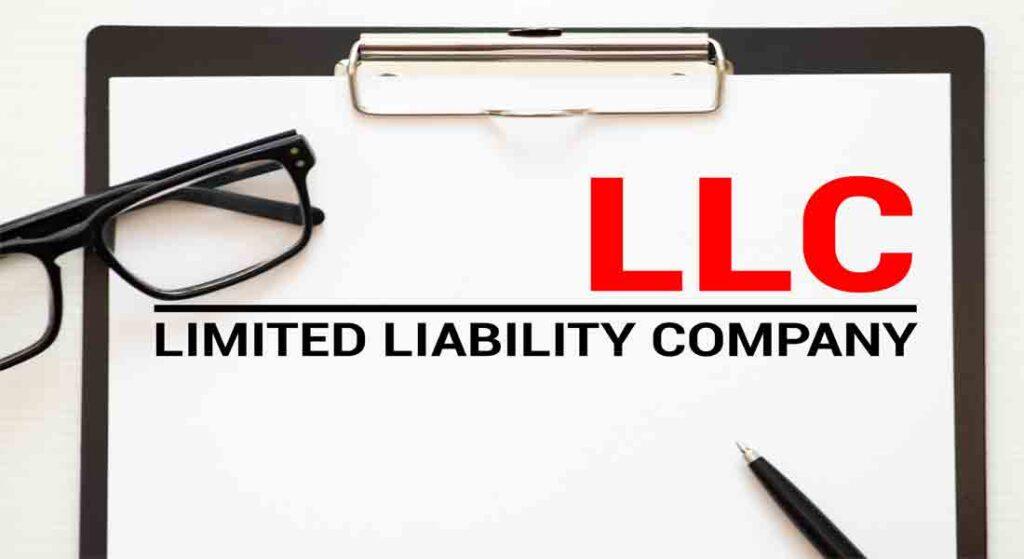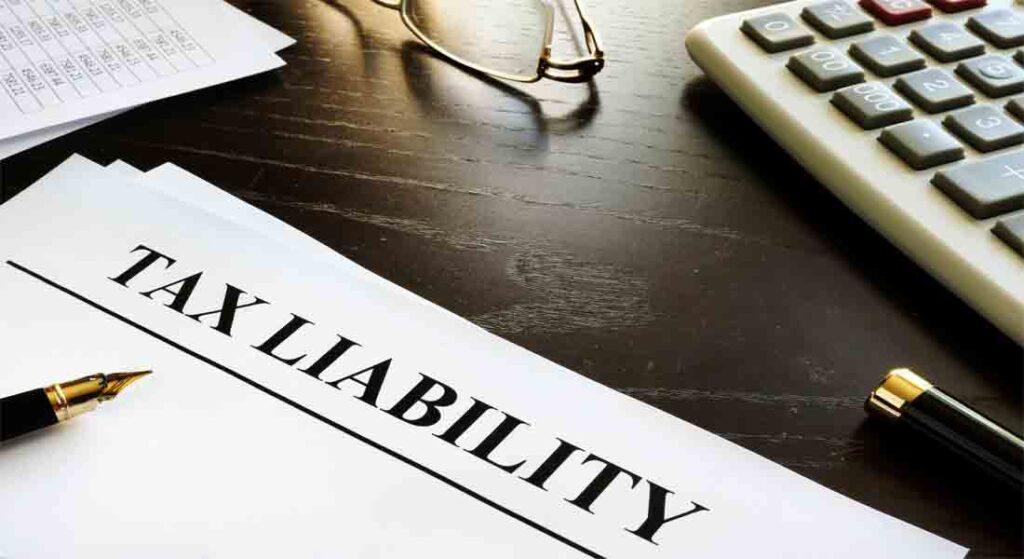


Wondering what is an LLC? LLC is a Limited Liability company. One of the most favorite legal entity structures that can be taxed as a Corporation or a partnership or as a sole proprietorship. This legal entity structure is not available in Canada. However, this could be the most tax-effective business structure for Canadians looking to incorporate in the United States.
LLC formation
Limited Liability Company (LLC) is one of the available business structures in the United States. There are many other legal entities/business structures in the United States. If you want to know more about that, please visit our blog “Business structures.” However, LLC is the most favorite business structure available for you if you are a non-resident of the USA. The rules for the formation and operations of LLC are different in different states. So, specific details need to be obtained if you are interested in forming a Limited Liability Corporation in the United States.
LLC as a business structure comprises different members, and members can be corporations, individuals, foreign entities, and other LLCs. Further, there is no restriction on the number of members in the LLC. On the other hand, some states do allow the formation of the single-member LLC. So, the state’s rules are flexible for the different states.
However, the general rule is that banks and insurance companies cannot be LLC. There are special rules for foreign LLCs, and you need to check specific state requirements and federal tax regulations to get further information.

Tax treatment of LLC is dependent on the number of members and the elections made regarding tax treatment. IRS can treat the LLC as a partnership, corporation, or as a disregarded entity. The entity with two members is treated like a partnership; however, they can elect to be treated as a corporation by filing Form 8832. Single-member LLC can file Form 8832 to elect to be treated as a corporation. However, single-member LLC is still considered to be a separate entity for employment and excise taxes. A single-member LLC can elect to be treated as a disregarded entity for tax purposes. When an LLC is treated as a disregarded entity then it becomes a pass-though entity for tax purposes. Income and losses at the tax year-end pass through its member. The member reports the income or loss from LLC on its individual income tax return and pays taxes as applicable.
Your election can not take effect more than 75 days prior to the date of filing such an election. If an entity intends to change its default classification for federal tax purposes, it must file form 8832, Entity Classification Election. Further, election for classification remains effective not later than twelve months of the election date. However, LLC may be eligible for the late election relief.
Normal partnership rules apply to the partners if the LLC has elected to be taxed as a partnership. Partners will be liable to report their share of the income, deductions, and credit on their tax returns. In other words, each of the partners will be assessed as self-employed for tax assessment purposes. On the other hand, if LLC is treated as a corporation, Form 1120 must be filed. In this scenario, all the provisions of corporate taxation will apply.

Once an entity opts to change its classification, it can’t be changed in the next 60 months after the effective date of the election. Further information can be obtained from section 301.7701-3(c) and the Form 8832 instructions.
Significant tax consequences can be expected based on the following transactions deemed to occur due to the election.
Partnership to the corporation- This election to change tax position from partnership to a corporation is treated like partnership transfers all assets and liabilities to the corporation against stocks. The partnership is immediately liquidated once the corporation is formed.
Further information can be obtained from Partnership Distributions in Pub. 541 and Property Exchanged for Stock in Pub. 542 or contact our office.
Corporation to partnership- This election is treated as a transfer of the corporation’s assets and liabilities to the shareholders, subsequently transferred to partners in an ownership ratio. Further information on the election can be obtained from Pub. 541 and Distributions to Shareholders in Pub. 542 or contact our office.
Corporation to a disregarded entity – This election is treated like the corporation’s liquidation and transfer of all assets and liabilities to the single owner. Further information on this election can be obtained from Distributions to Shareholders in Pub. 542 or contact our office.
A disregarded entity to the corporation – This election is treated as the owner of the business transfers all of its assets and liabilities to the corporation against receipt of the stock.
RKB Accounting has expertise in cross-border taxation and has been providing accounting and taxation services for the last fifteen years in Canada and USA. RKB services include incorporating a business on both sides of the border, bookkeeping, sales tax, payroll, and corporate and personal income tax. RKB’s expertise includes cross-border tax planning, long-term tax planning, helping business start-ups, business structure planning, and resolving complex tax matters. RKB a CPA(Delaware), CA(India), and CIA(USA) has over 25 years of experience in accounting and taxation in dealing with various countries in the world.
Disclaimer: Information in the blog/post/article has been presented for a broad and simple understanding. This is not legal advice. RKB Accounting & Tax Services does not accept any liability for its application in any real situations. You need to contact your accountant or us for further information.